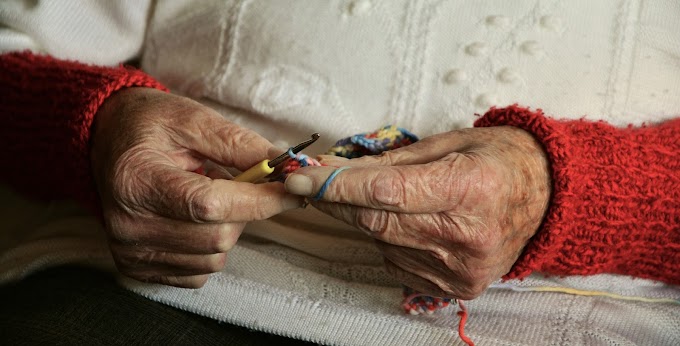Blood-related diseases can have various causes, including genetic factors, infections, environmental factors, autoimmune disorders, and certain medications.
Here are some common causes associated with different types of blood-related diseases:
Genetic Factors:
Many blood-related diseases have a genetic component. Mutations or abnormalities in genes can lead to inherited conditions such as sickle cell disease, hemophilia, thalassemia, and certain types of leukemia. These genetic variations can affect the production, structure, or function of blood cells or clotting factors.
Infections:
Infections can also play a role in blood-related diseases. For example, certain viral infections, such as human immunodeficiency virus (HIV) or hepatitis C, can affect the immune system and lead to abnormalities in blood cell production or function. Infections can also cause secondary complications, such as bone marrow suppression or destruction, leading to conditions like aplastic anemia.
Autoimmune Disorders:
Autoimmune disorders occur when the immune system mistakenly attacks the body's own cells and tissues. Some autoimmune diseases can specifically target blood cells or components, leading to blood-related disorders. Examples include immune thrombocytopenic purpura (ITP), where the immune system destroys platelets, and autoimmune hemolytic anemia, where the immune system attacks red blood cells.
Environmental Factors:
Exposure to certain environmental factors can contribute to blood-related diseases. For instance, prolonged exposure to toxic chemicals, such as benzene or certain chemotherapy agents, can damage the bone marrow and disrupt blood cell production. Radiation exposure, either from medical treatments or environmental sources, can also affect the bone marrow and lead to blood disorders.
Medications and Treatments:
Certain medications and treatments can have adverse effects on blood cells or clotting factors. For example, some chemotherapy drugs can suppress the bone marrow, leading to decreased production of blood cells. Antibiotics, anticoagulants, and other medications can also affect blood cell counts or clotting mechanisms.
Unknown Causes:
In some cases, the exact cause of blood-related diseases may remain unknown. The development of certain conditions, such as idiopathic thrombocytopenic purpura (ITP) or myelodysplastic syndromes (MDS), may not have a clear underlying cause, and further research is needed to fully understand their origins.
It's important to note that each blood-related disease may have its own specific causes and risk factors.
Some conditions may be a result of a combination of genetic predisposition and environmental triggers. Understanding the underlying cause of a blood-related disease is essential for appropriate diagnosis, treatment, and management.
If you have concerns about a specific blood-related disease, it's advisable to consult with a healthcare professional or specialist for further evaluation and guidance.
If you have a question or a comment or any discussion, please call or send a message.
Our Address: Hope Diagnostics and Research Laboratory
Unit-3, 34, behind Ram Mandir, Ekamra Vihar, Kharvela Nagar, Bhubaneswar, Odisha 751001
Call Us: 09238582444 / 7894132927









